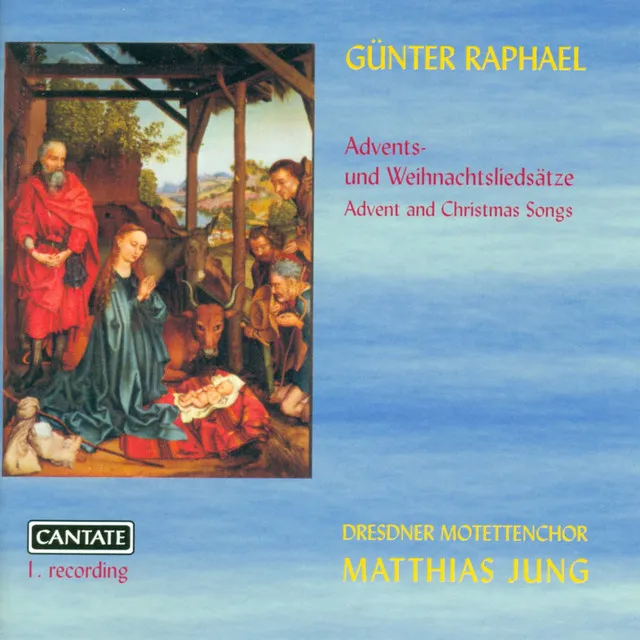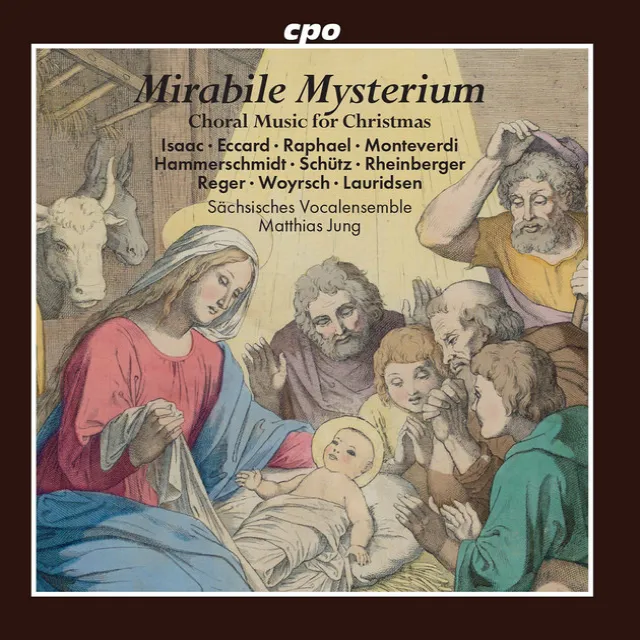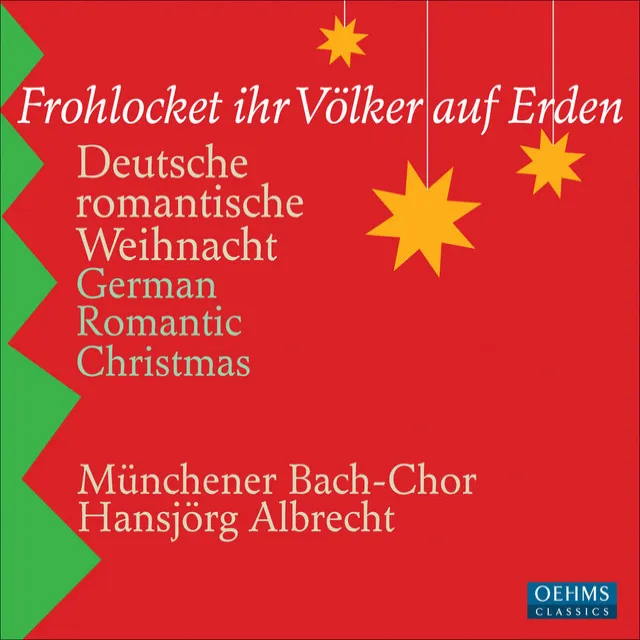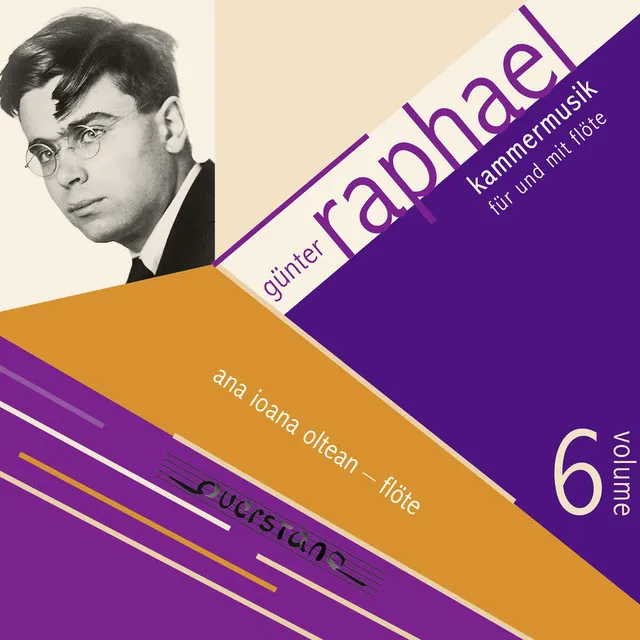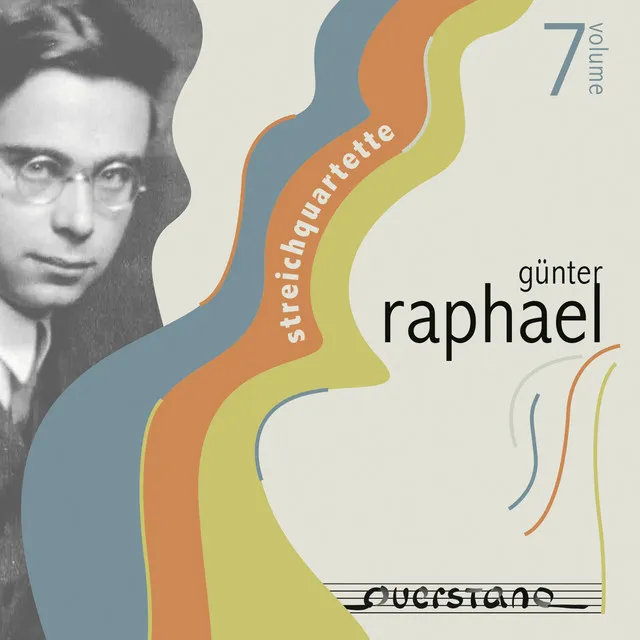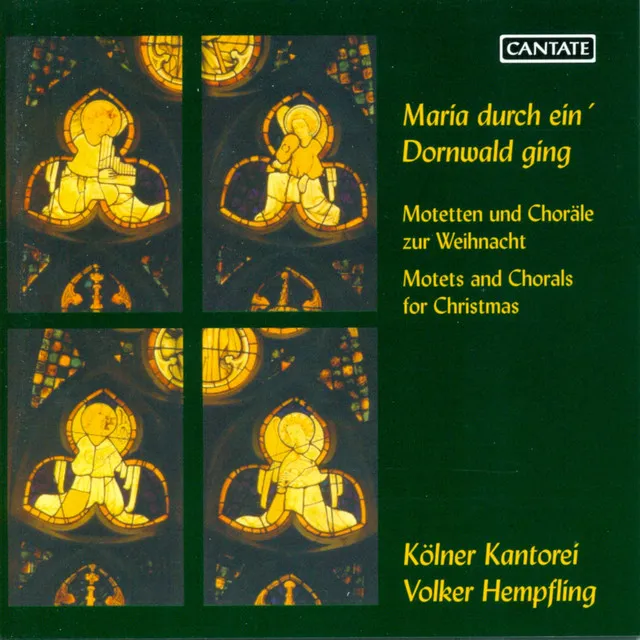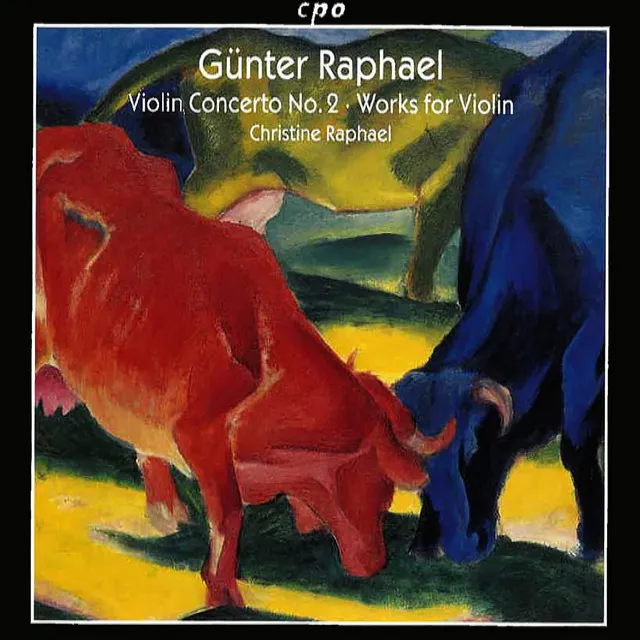Composer Günter Raphael gained considerable acclaim before his career was derailed by the Nazis due to his half-Jewish status. He is particularly known for chamber music but wrote five symphonies and other large works as well.
Raphael was born in Berlin on April 30, 1903. He had a musical background on both sides of his family; his paternal grandmother, Julie Cohn, was a singer who hosted a Berlin salon attended by, among others, the violinist Joseph Joachim, and his maternal grandfather, Albert Becker (1834-1899), was an important Berlin church composer. Raphael's father, Georg Raphael, was induced by his love of Bach's music to convert from Judaism to Protestantism. Thus, Günter grew up with a large library of music and literature. By 1913, he had written a song for voice and piano, and in 1918, he published a Rondo for violin, viola, and piano. Raphael was admitted to the Berlin University of Music on a scholarship in 1922 with top entrance exam scores; he studied with Robert Kahn and later privately with Arnold Mendelssohn, a cousin of Felix Mendelssohn. By the mid-'20s, Raphael's compositions were being performed by top German groups. The Busch Quartet premiered two string quartets by Raphael, and in 1926, the Gewandhaus Orchestra of Leipzig with conductor Wilhelm Furtwängler played his Symphony No. 1 in A minor, Op. 16. That year, Raphael joined the faculty at the State Conservatory of Music in Leipzig.
In 1934, due to his half-Jewish background, Raphael was forced to leave his teaching position. He married his student, Pauline Jessen, and the pair toured as duo pianists and had two daughters, Dagmar and Christine. Raphael contracted tuberculosis and spent much of the Nazi era in and out of hospitals, where he was sometimes protected by doctors from the Nazi paramilitary SS organization. He continued to compose prolifically. After the war, he received the Franz Liszt Award for composition, but the interruption to his career damaged his popularity permanently. Raphael taught at the Duisburg Conservatory of Music from 1949 to 1953, spending ten months in a sanatorium in Sweden. He was offered the position of Thomaskantor in Leipzig that had once belonged to J.S. Bach, but, wary of increasingly repressive trends in East Germany, chose to serve instead as a lecturer at the Peter Cornelius Conservatory in Mainz, West Germany, and then as a professor at the Hochschule für Musik in Cologne. Raphael died in an ambulance near Herford, West Germany, after suffering complications from tuberculosis, on October 19, 1960. As of the mid-2020s, recordings of some 55 of his works were available; many of them were of chamber music, but all but one of his symphonies and several concertos had also been recorded. In 2024, violist Gregory K. Williams issued the album Shadows: The Unaccompanied Viola Sonatas of Günter Raphael. ~ James Manheim, Rovi
